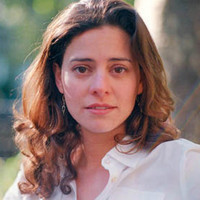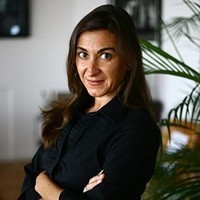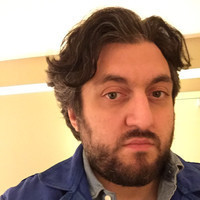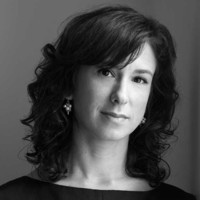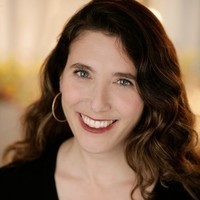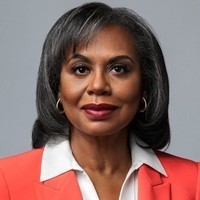How to Mend a Broken Heart
A visit to the Museum of Broken Relationships.
Olinka and Drazen are artists, and after some time passed, they did what artists often do: they put their feelings on display. They became investigators into the plane wreck of love, bagging and tagging individual pieces of evidence. Their collection of breakup mementos was accepted into a local art festival. It was a smash hit. Soon they were putting up installations in Berlin, San Francisco, and Istanbul, showing the concept to the world. Everywhere they went, from Bloomington to Belgrade, people packed the halls and delivered their own relics of extinguished love: “The Silver Watch” with the pin pulled out at the moment he first said, “I love you.” The wood-handled “Ex Axe” that a woman used to chop her cheating lover’s furniture into tiny bits. Trinkets that had meaning to only two souls found resonance with a worldwide audience that seemed to recognize the same heartache all too well.
